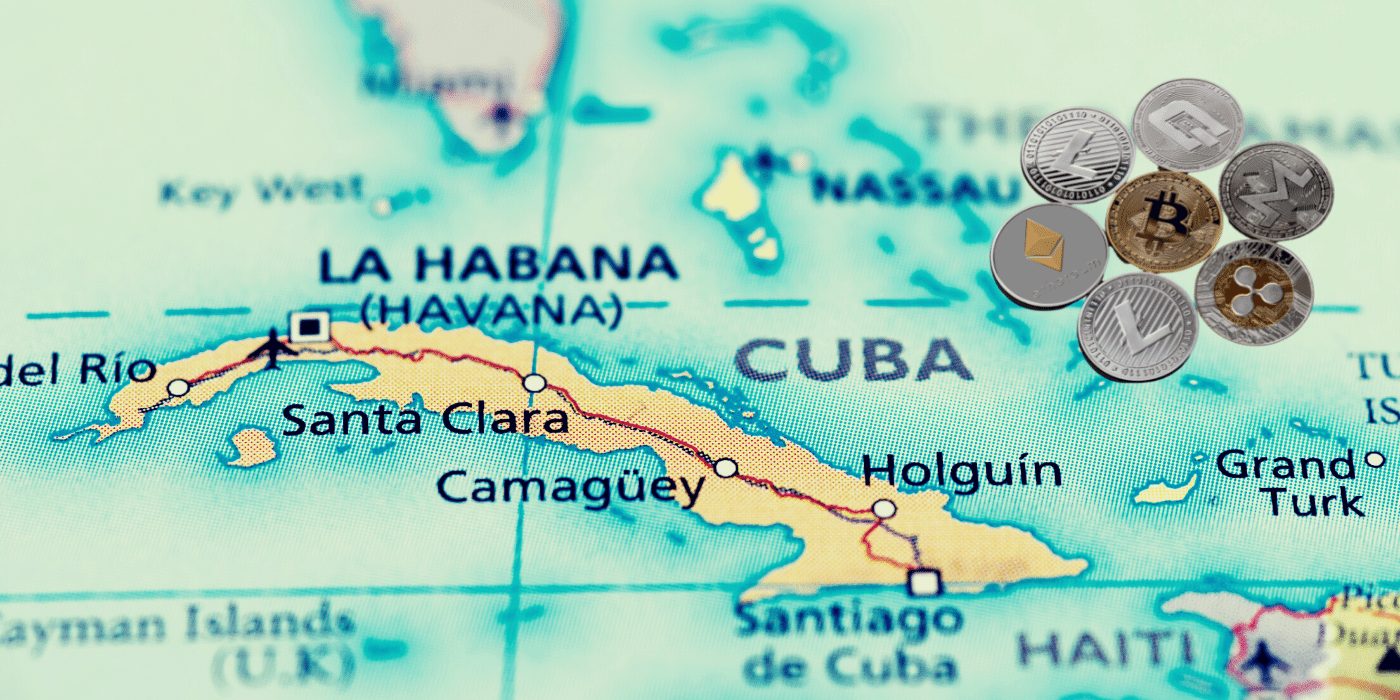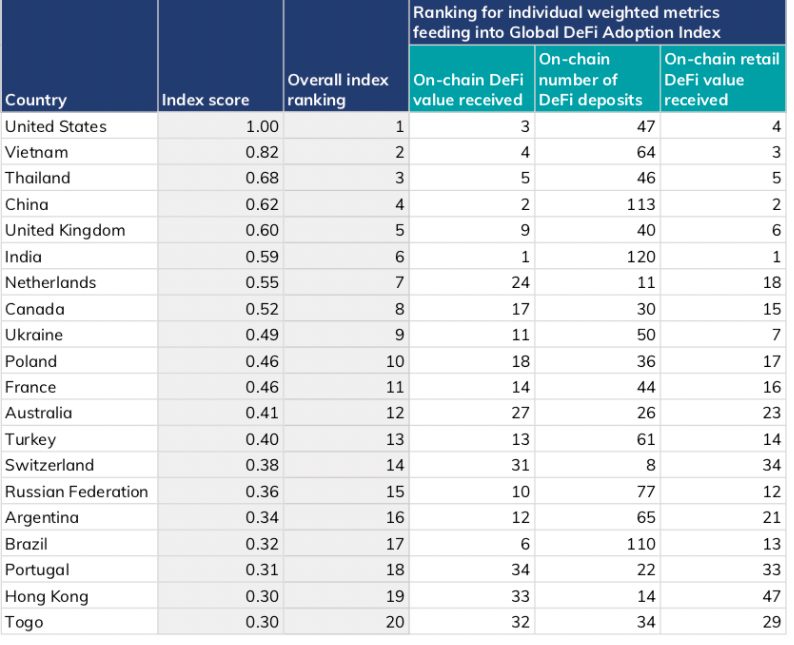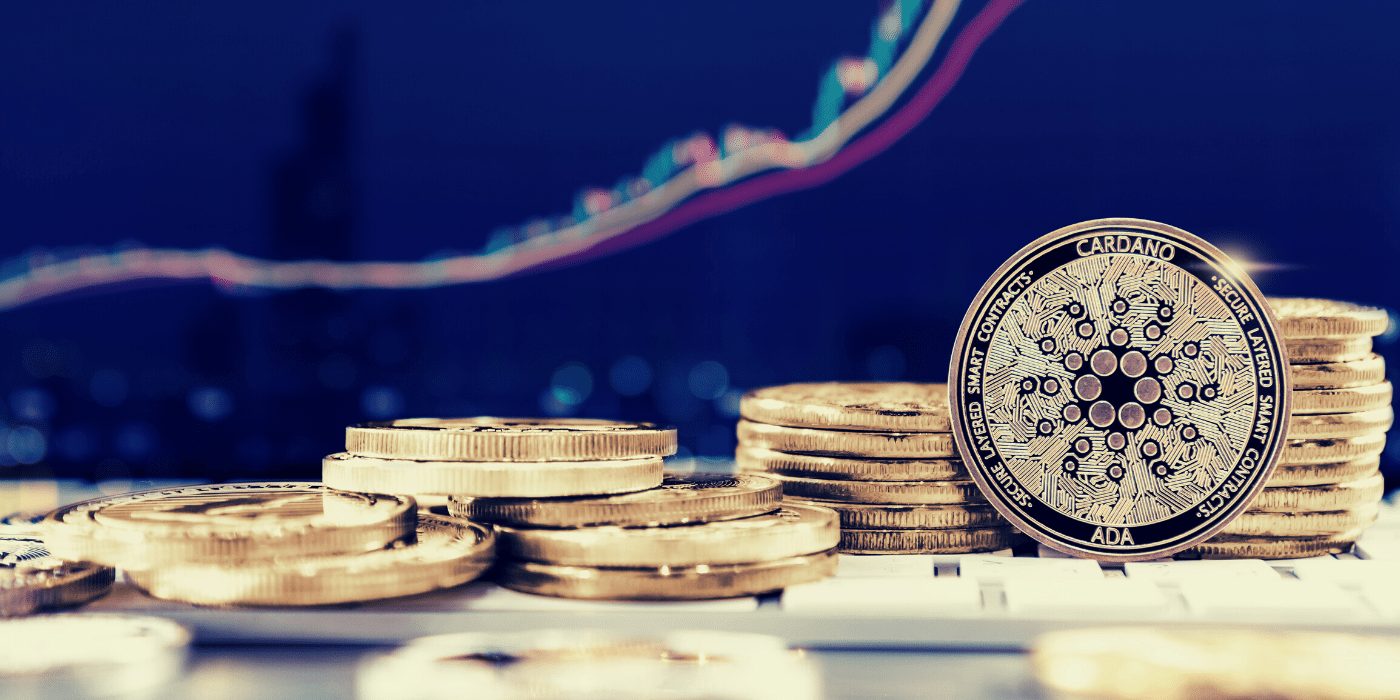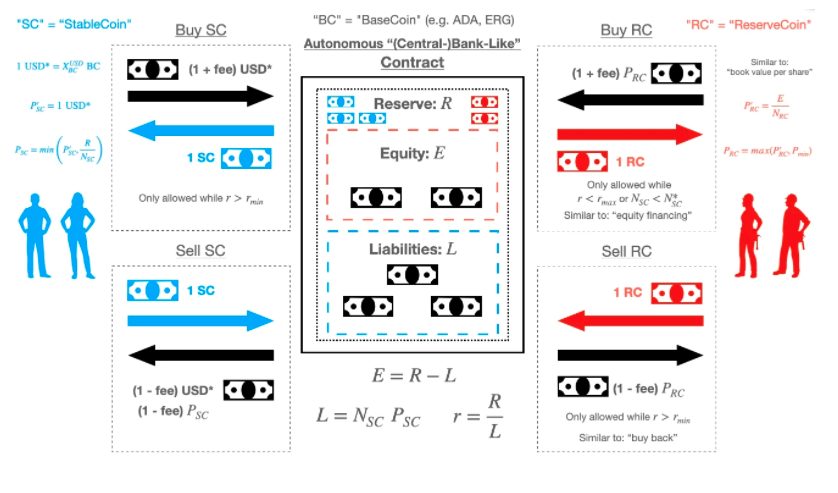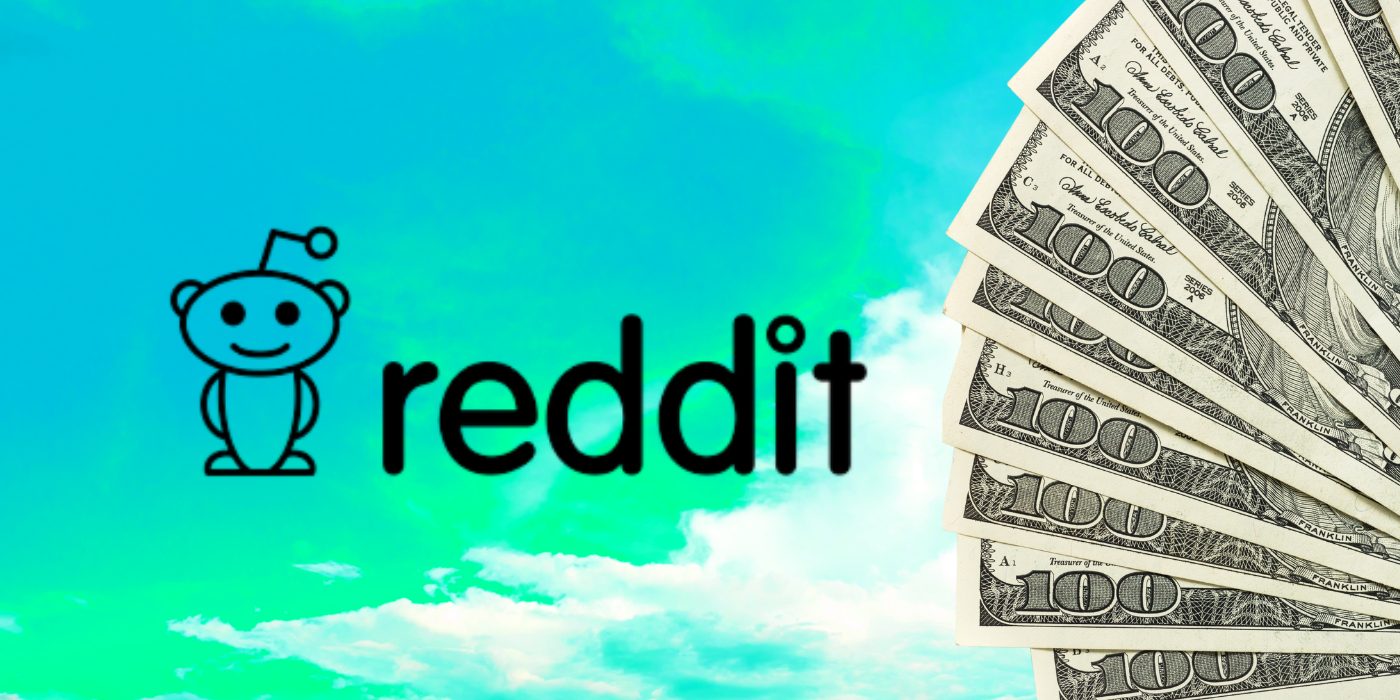Amid a tumultuous economic crisis and its Central Bank enforcing a ban on US dollar cash deposits, Cuba is looking for a way forward – and crypto might be the answer.
The Caribbean island nation is taking its cue from many other South American countries and will start to recognise and regulate cryptocurrencies, it announced on August 26.
According to a resolution published in Cuba’s Official Gazette, the republic’s central bank – Banco Central de Cuba – will govern how citizens would be allowed to use cryptocurrencies such as bitcoin and ethereum. It is also expected that Cuban authorities will distribute relevant licences to businesses based on the crypto-related services they offer.
Cuba’s Dire Economic Situation
The announcement comes as Cuba finds itself immersed in anti-government protests over a lack of food and medicine during an economic crisis. The situation is made worse not only by the Covid-19 pandemic but also by foreign sanctions.
The Cuban government has also done away with its dual-currency system, causing many citizens to lose money as they traded in Cuban convertible pesos for the traditional Cuban peso.
Cryptocurrencies have gained in popularity as the population finds it harder to use US dollars, partly due to the toughened embargo rules imposed by former US president Donald Trump.
Crypto allows for anonymous long-distance transactions, making it popular with citizens and businesses wanting to evade government regulations – including US restrictions on sending money to Cuba.
The official resolution added that the Central Bank can authorise the use of cryptos “for reasons of socioeconomic interest”, but the state will ensure that their operations are controlled. The resolution made it clear that operations could not involve illegal activities.
Cuba Follows El Salvador’s Lead
Cuba is not the first South American country to openly endorse and allow the use of cryptocurrencies. El Salvador passed a bill in June making it the first country in the world to approve bitcoin as legal tender.
Argentina, Brazil, Panama, Paraguay and Nicaragua are among other South American countries embracing cryptocurrencies.
By Jana Serfontein, Crypto News Australia Guest Author

